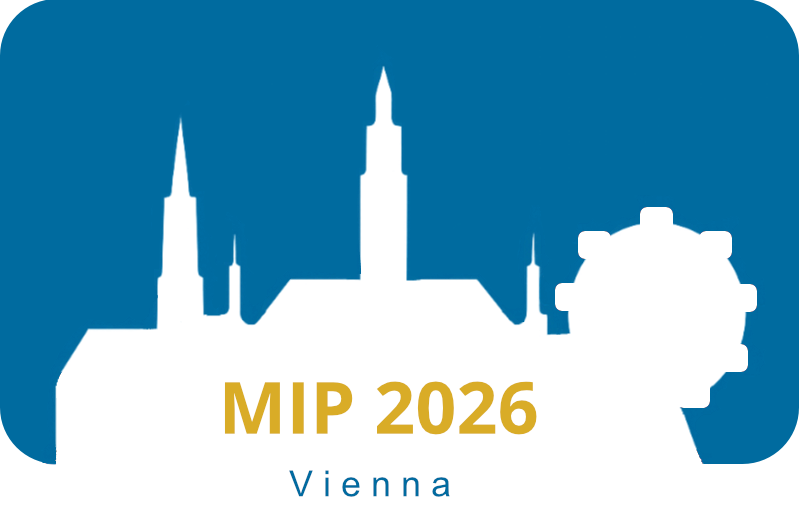Showing profile for Dr Pankaj Singla PhD
 | Position: Marrie Curie Postdoctoral Fellow Institution: University of Manchester Department: School of Engineering Address: Nancy Rothwell Building, Manchester M13 9PL Manchester, Greater Manchester United Kingdom, M13 9PL |
Web: https://pankee22.wixsite.com/tdds
Email: pankaj.singla@manchester.ac.uk
Telephone: +44 7394594534
Cell: +44 7394594534
Social media and scholarly resources
Twitter: https://twitter.com/@evopankaj
Facebook: https://www.facebook.com/pankaj.singla.35
LinkedIn: https://www.linkedin.com/in/dr-pankaj-singla-507b74ab/
ORCID: https://orcid.org/ 0000-0001-6999-1744
Google Scholar: https://scholar.google.com/https://scholar.google.co.in/citations?user=YM2QVIsAAAAJ&hl=en
Researchgate: https://www.researchgate.net/profile/Pankaj-Singla-5
Personal statement:
I Dr. Pankaj Singla currently holds the position of a Research Associate at the University of Manchester. Prior to this role, he served as an MSCA (Marie Skłodowska-Curie Actions) individual fellow at the School of Engineering, Newcastle University. Dr. Singla earned his Masters in Pharmaceutical Chemistry and subsequently pursued his PhD in the same field in India. During his doctoral studies, he embarked on a 5-month research visit at Manchester Metropolitan University, UK, supported by the Newton-Bhaba PhD placement fellowship.
Dr. Singla has been actively engaged in ongoing research within the same group, concentrating on the development of polymeric nanostructures. These structures are designed for efficient drug delivery to combat cancer, with a specific focus on cancer therapeutics and diagnostics. Leveraging Molecular imprinting technology, he aims to contribute significantly to the advancement of targeted and effective cancer treatments.
 The Society for Molecular Imprinting
The Society for Molecular Imprinting



